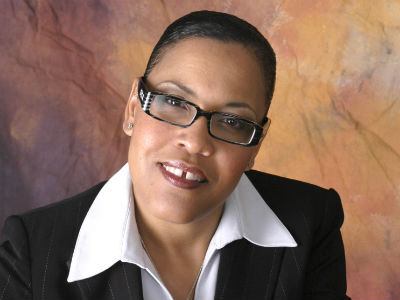Union Pacific reports 7% higher profits as its CEO makes the case for Norfolk Southern merger
News > Top Stories

Audio By Carbonatix
5:27 AM on Thursday, October 23
By JOSH FUNK
OMAHA, Neb. (AP) — Union Pacific delivered 7% growth in its third-quarter earnings Thursday as its CEO continues to make the case for the potential benefits of acquiring one of the railroad's eastern rivals.
The Omaha, Nebraska-based railroad said it earned $1.79 billion, or $3.01 per share, in the quarter. That's up from $1.67 billion, or $2.75 per share, a year ago. And without $41 million in merger costs the railroad would have made $3.08 per share but either number would have beat the Wall Street estimates of $2.97 per share.
Union Pacific wants to buy Norfolk Southern in a $85 billion deal that would create the first transcontinental railroad. That deal faces a lengthy review by the U.S. Surface Transportation Board before the companies would be able to merger Union Pacific's vast network in the West with Norfolk Southern's operation in the Eastern United States. Norfolk Southern will report its earnings Thursday afternoon.
Union Pacific CEO Jim Vena wrote a letter to employees reiterating that he thinks the merger is great for America because it would enable the railroad to deliver goods more quickly and help the companies that rely on its deliveries of raw materials and finished products.
He said other railroads that have come out against the merger like BNSF tend to look backward at the problems that followed past mergers in the 1990s while he is looking forward to finding the best way to compete against trucks and respond to advancements in technology. The merger has picked up support from the largest rail union and more than 400 shippers, but some other companies — particularly chemical producers — have said they think the deal will hurt competition and lead to higher rates.
“While Union Pacific has good opportunities to grow, the rail industry is going to be challenged by technology in the trucking and shipping industries," Vena wrote. "Union Pacific continues to invest in technology, but if we truly want to compete and grow the business, we must have a network that is set up to provide seamless service at a cost-effective price, positioning manufacturers to win in the marketplace.”
Edward Jones analyst Jeff Windau said if autonomous trucking becomes common, then trucking will be an even stronger competitor for rail, and Union Pacific also has to compete with the Canadian railroads that have some advantages because their networks already run coast-to-coast in Canada and extend down into the United States.
“You can see where the environment increasingly becomes more competitive. And you need to continue to make improvements. And potentially at some point you’re constrained with your network in what you can do,” Windau said.
BNSF sent a letter to its customers last month urging them to express their concerns about the merger to the STB because that railroad, which is owned by Warren Buffett's Berkshire Hathaway, believes the combination would hurt competition in the industry. BNSF has said it believes railroads can better serve their customers by cooperating instead of undertaking costly and complicated mergers.
CPKC and Canadian National railroads have also come out in favor of more cooperative agreements instead of mergers, but President Donald Trump has said the deal sounds good to him.
Vena said he thinks the opposition from other railroads shows that they know this merger would give UP a competitive advantage that will force them to make changes, and he said the shippers that are raising concerns should wait to see the detailed application Union Pacific plans to submit in either late November or early December before declaring the deal is bad.
“If the other railroads thought we were being stupid about what we were doing and it was not going to provide a higher service at a lower cost for our shippers, then they wouldn’t be complaining, would they?” Vena said.
He compared the opposition to this merger to the backlash the United States faced in 1867 for agreeing to pay $7.2 million to acquire Alaska from Russia. “I don’t think anybody would claim that was a bad deal for America,” Vena said.
Union Pacific said it remains on track to deliver profits this year in line with its three-year goal for high-single digit to low double-digit growth.
This quarter the railroad was able to deliver 3% growth in revenue largely through higher rates even though the number of carloads it delivered was essentially flat.








